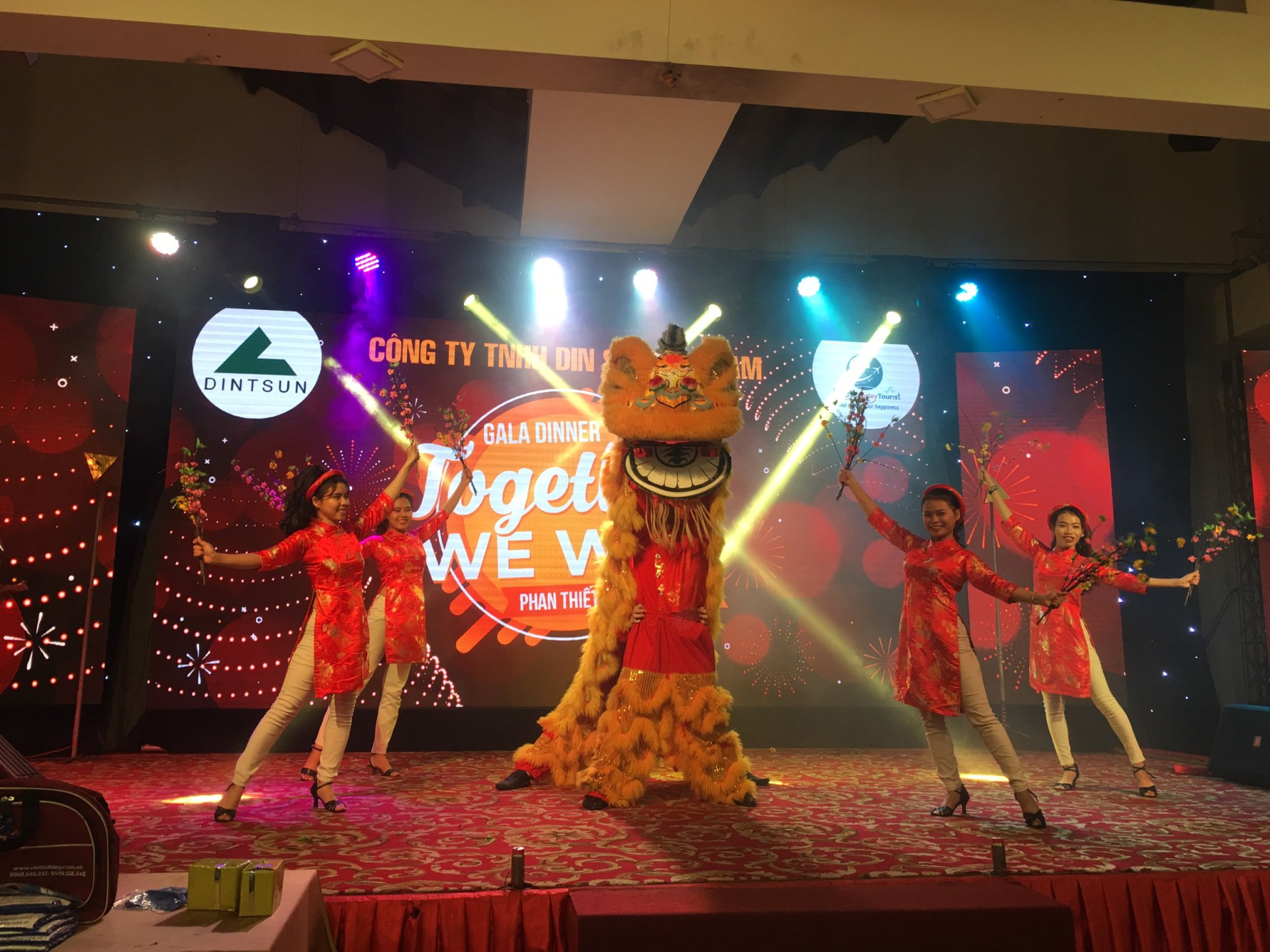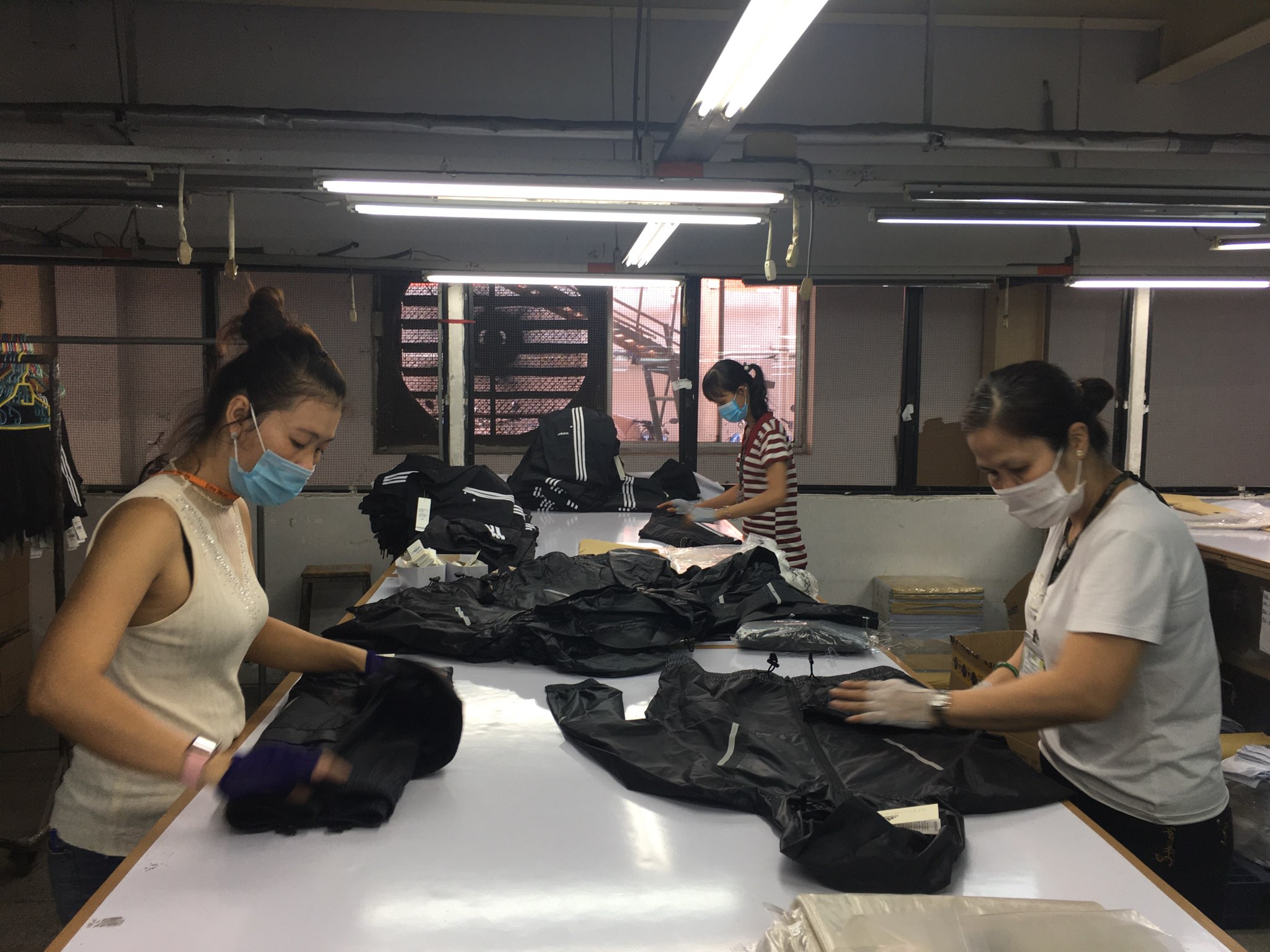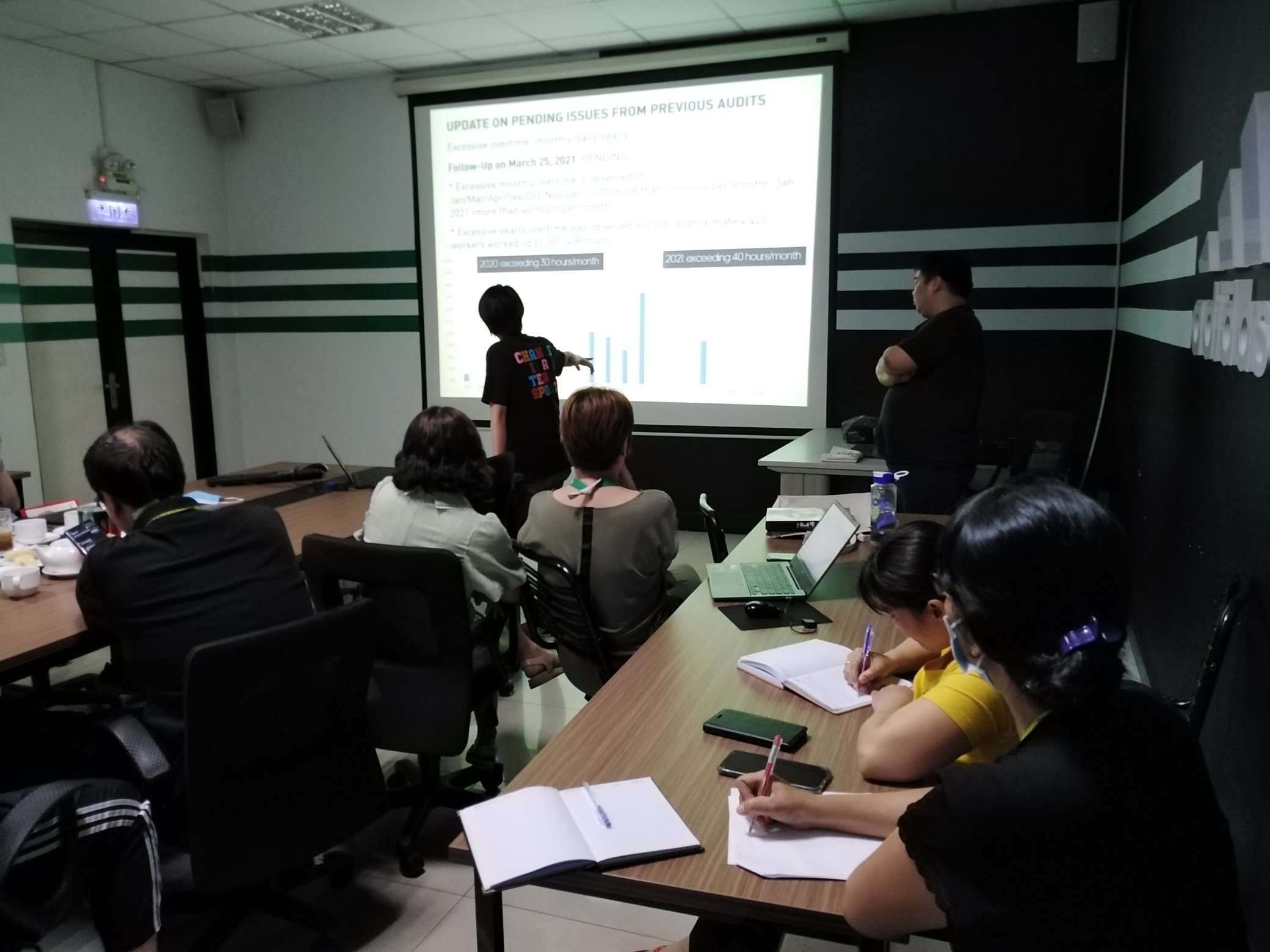
Factory Workers
United We Can

COMPANY FACTORY WORKERS STANDARDS
It was our concern for the well-being of workers in our factories that led us to establish our "Workplace Standards," the supply chain code of conduct, which covers workers’ health and safety and provisions to ensure environmentally sound factory operations. A number of topics related to the workers' well-being are of special interest to our stakeholders. These range from fair wages, child labor and freedom of association to health and safety.

▼ Diversity, Equity and Inclusion:
We strongly believe that diversity, equity and inclusion are key to the success of our company. To be the best sports brand in the world, we need the best diverse talent that reflects the diversity of our customers and consumers. We celebrate this diversity as it helps us better serve the communities we work in, while also providing a competitive business advantage.
▼ Definitions and Benchmarks
As a Fair Labor Association (FLA) Participating Company, we have aligned our Workplace Standards’ wages and benefits code provision and our fair compensation definition and strategy with FLA benchmarks and fair compensation methodology . Accordingly, fair compensation ensures factory wages meet both the workers’ basic needs, in terms of housing, food, water, healthcare, transportation, and clothing, as well as providing for some discretionary income. As part of our fair compensation concept, we have also adopted the Global Living Wage Coalition’s (GLWC) definition and benchmarks , where available, to measure and track wage progress.
▼ Legal Obligations
Fair compensation cannot be achieved without first ensuring factories meet the legally required wages and benefits. For our business partners, our starting point is full legal compliance. We insist on adherence to our Workplace Standards. We demand that our suppliers, as employers, pay the legally required wage and benefits, on time and in full, and we monitor our suppliers to ensure this. We expect there to be equality in pay for men and women. We verify the compliance status of our suppliers through internal and third-party audits, worker hotlines and grievance processes. If we find evidence of non-compliance, we recommend remedial steps and actively engage with our suppliers to implement corrective action, drive improvement, and prevent further non-conformance. However, where a supplier fails to meet our expectations or take the necessary remedial or preventive steps, they will be subject to enforcement action; up to and including termination of the business relationship. Wherever new and higher wages are set (whether through collective agreement or government minimum wage adjustment), we require our suppliers to meet those wages and any other legally mandated allowances and benefits. Our purchase price is adjusted accordingly, within the normal cycle of price negotiations, to reflect our business partners's costs of doing business.
▼ Government Engagement
Governments play a key role and have a responsibility in protecting and promoting human rights, including upholding ILO labor conventions and fundamental rights of work. The global pandemic caused by Covid-19 also illustrates the importance of strong government policies to protect workers’ economic rights and needs. Governments can also help normalize industrial relations and workers’ ability to organize and collectively bargain. If we wish to see long term and sector wide improvement in wages and worker welfare, it is necessary to engage with policymakers and national governments.
▼ Industrial Relations
Strong and effective industrial relations foster dialogue, transparency and problem-solving capabilities between employers and workers. It also provides a mechanism for workers to negotiate their working conditions through collective bargaining, which may not only lead to better pay and working conditions but is also covered by two of ILO’s fundamental rights at work Conventions, Freedom of Association and Protection of the Right to Organise Convention, 1948 (No. 87) and Right to Organise and Collective Bargaining Convention, 1949 (No. 98). The path to improve the general welfare of workers is to promote wage-setting mechanisms which are transparent and have been developed with the direct input of workers. Ideally, this occurs through negotiation or collective bargaining with established and freely elected trade unions, or through alternative legal means, such as workers’ councils or welfare committees.

▼ Vulnerable Groups
Although everyone’s human rights and fundamental freedoms must be respected and upheld, particular attention must be given to vulnerable groups, minorities, or those whose circumstances open them up to exploitation or the abuse of their rights. It is for this reason that we have developed specific programs and initiatives to address topics such as child labor, migrant labor, trafficking and forced labor, and women’s rights. These initiatives are summarized below.
▼ Child Labor
Many children are at risk of labour and sexual exploitation. Children and young people now can also be found in informal work, in arrangements that are unsupervised and unregulated. In these situations, the children, having limited access to education, can neither develop themselves nor have a dignified life. Migrants, ethnic minorities and young girls are among those who require targeted attention.
According to the International Labour Organization, child labor is often defined as “work that deprives children of their childhood, their potential and their dignity, and that is harmful to physical and mental development”. This includes work that interferes with children’s schooling. Our Workplace Standards state that our suppliers must not employ children less than 15 or less than the age for completing compulsory education, if that is higher than 15.
In order to ensure reasonableness and fairness, while avoiding the situation of illegal labor intermediaries or centers defrauding child labor funds. Protection to prevent children from encountering various forms of exploitation, abuse of motivation and elimination of child labor situations. Prevent factors that adversely affect children's health, learning or overall development.
- The company prohibits arranging workers under the age of 18 to do work that has adverse health effects, such as: work that affects the body and mind, positions that are in contact with toxic substances, radioactive radiation, and work in too hot or cold, and noisy Areas with high and high vibration levels may have an impact on genes or work for long periods of time that will cause poor health and prohibits the employment of child laborers in work types that are dangerous or have a serious impact on health or heart.
▼ Forced Labor
he ILO Forced Labor Convention No. 29 defines “Forced Labor” as “work or service exacted from a person under threat of any penalty, which includes penal sanctions and the loss of rights and privileges, where the person has not offered himself/herself voluntarily”. In accordance with our Workplace Standards, business partners must not use forced labor, whether in the form of prison labor, indentured labor, bonded labor or otherwise. No employee may be compelled to work through force or intimidation of any form, or as a means of political coercion or as punishment for holding or expressing political views.
n a world where modern-day slavery continues to impact tens of millions of people, we have developed a policy to address forced labor and concerns over human trafficking. adidas strictly prohibits the use of any form of forced labor or the trafficking in persons across all of our company operations and in our global supply chain.
▼ Freedom of Association and Industrial Relations
As a responsible business we believe that worker-management communication is vital for the success of any business enterprise. Workers must have access to effective communication channels with their employers and managers, both as a means of exercising their social and economic rights and to help them resolve workplace issues and disputes.
One important channel for worker-management dialogue is through trade union representation. Our Workplace Standards are clear that our supplier partners must recognize and respect the right of their employees to join associations of their own choosing and to bargain collectively. Our business partners must also develop and fully implement mechanisms for resolving industrial disputes, including employee grievances, and ensure effective communication with employees and their representatives.
▼ Health and Safety
Workers in factories face risks from fire, accidents and toxic substances. Our Workplace Standards are explicit about the need to protect workers from these risks and ensure they have a right to adequate lighting, heat and ventilation as well as access to suitable sanitary facilities. Taking a structured approach is the best way our suppliers can ensure workers’ health and safety. So we require them to establish a health and safety management system that adheres to the standards and procedures of the international standard OHSAS 18001.
We are committed to track and report on health and safety incidents and performance in our supply chain. In 2018, we started to track the Incident Rate and Severity Rate across our strategic suppliers globally and plan to report this figure in the coming years. In addition, we have initiated a machine safety project at major footwear suppliers in Indonesia, one of our main sourcing countries. The aim was to precisely assess machine safety conditions and associated risks, as the majority of accidents in footwear factories are caused by machines. We will track and measure the outcome of the project in 2019 and have expanded the project scope to cover additional suppliers and sourcing countries.
Through our own monitoring we are aware that breaches of good health and safety practices have historically been responsible for approximately half of all cases of non-compliance with our Workplace Standards. We therefore remain diligent in supporting suppliers to establish health and safety management systems by producing guidelines and training modules that help to meet the requirements of our Workplace Standards. We also support an academy to increase the pool of qualified environment, health and safety managers in southern China.
▼ Managing Chemicals
Chemicals are widely used in global textile and apparel supply chains: from the cotton fields, to the mills and dye houses that make the fabric and the garment production. It is our goal to work with our suppliers and the chemical industry to eliminate and to reduce the discharge of hazardous chemicals in our sphere of influence as far as possible. But the management of chemicals in multi-tiered supply chains is a complex challenge, requiring many actors to play a role in achieving effective and sustainable solutions.
And to ensure our Company productions are met with the necessary standards, adidas had evaluated each of our sites including DTE and DTF, to satisfy customers requirements and ensure our company is in perfect condition
DTF: adidas audited RFT on May 19, 2021, the result achieved 77%

DTE: adidas audited PA on March 25, 2021 and assessed C-KPI on September 21, 2021, C-KPI results in 2021 reached 87.26% (Achieved 4C)

adidas audits RFT on September 29, 2021, the result is 81%

2020 ECM/Energy/Water/Waste achieved 5E & 2020 Environmental Indicators
